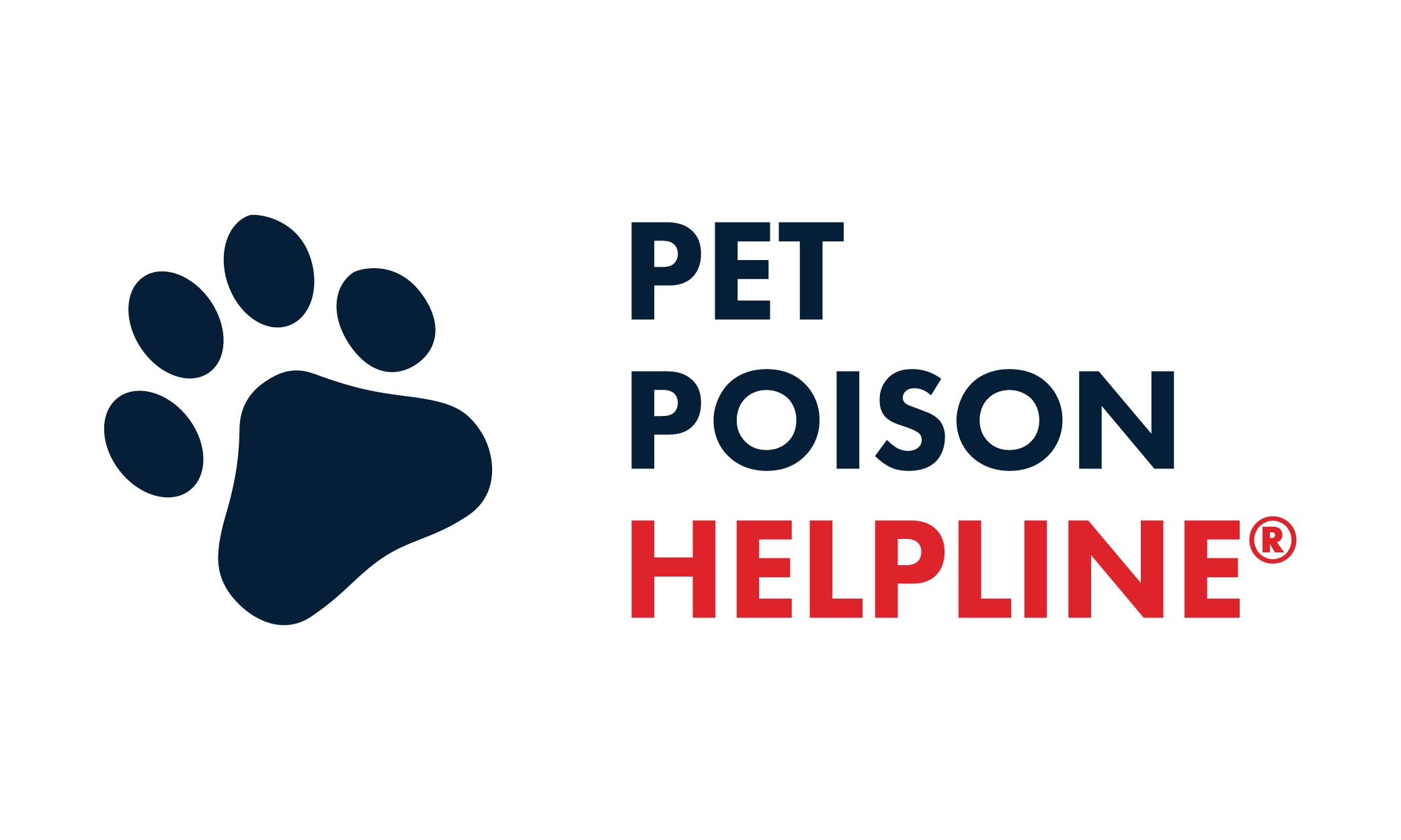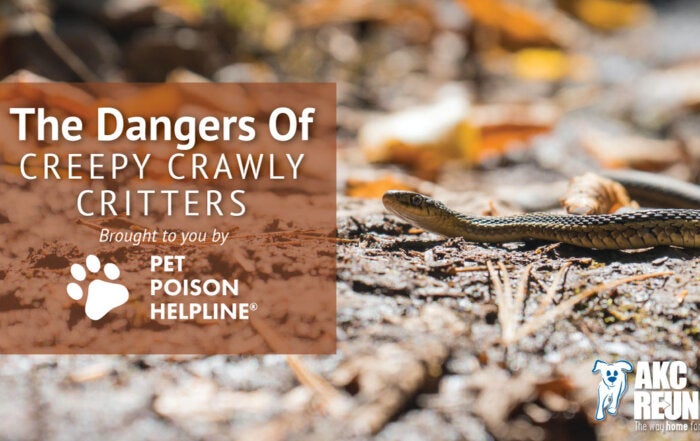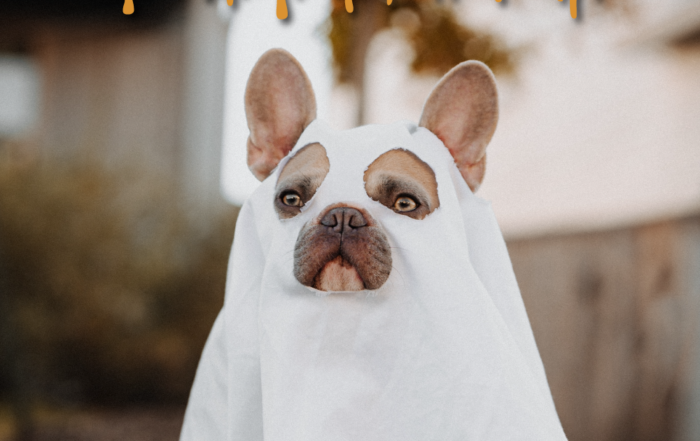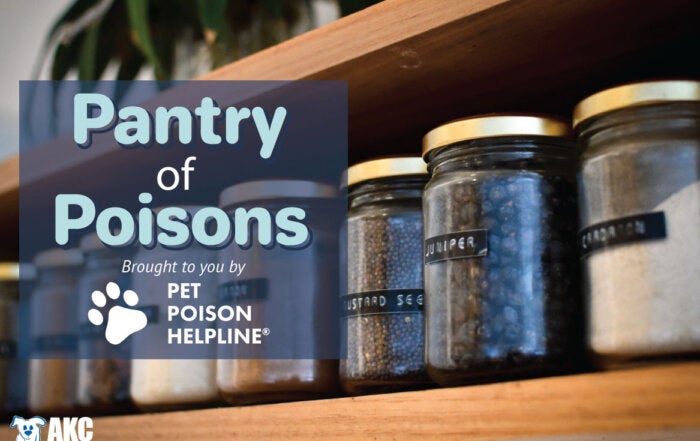Brought to you by Pet Poison Helpline & AKC Reunite
When prepping for and celebrating the holidays, consider your pets. Below is a list of holiday-related decorations, plants and food items that our friends at Pet Poison Helpline recommend keeping away from our furry friends.
CHRISTMAS TREES/PINE NEEDLES
If you’re celebrating the holidays with a real Christmas tree, keep your pets away from the tree’s water. It may contain bacteria, pesticides, and mold. And when your tree or wreath drops any pine needles, be sure to clean them up regularly as they can cause intestinal obstructions if ingested.
ELECTRICAL CORDS
With many seasonal decorations also come an excess of electrical cords. These add a new stimulus to your pet’s everyday environment that your curious pet may want to check out and chew. Keep pets from the cords by hiding them behind furniture or taping them to the floor. Remove any décor with any exposed wires and be sure to unplug decorations when you cannot supervise your pet.
SNOW GLOBES
Snow globes may contain antifreeze (ethylene glycol). It can be fatal if a cat ingests as little as on teaspoon of antifreeze, and also deadly for a dog if it consumes just one or tow tablespoons of the toxic liquid, depending on the canine’s size and weight. Immediate treatment with an antidote is vital. Signs of early poisoning include acting drunk or uncoordinated, excessive thirst, and lethargy. While signs may seem to improve after eight to twelve hours, internal damage is actually worsening, and crystals develop in the kidneys, which result in acute kidney failure.

TINSEL
If you own a cat, forgo the tinsel. What looks like a shiny toy to your cat can prove deadly if ingested. Tinsel does not pose a poisoning risk but can cause severe damage to a cat’s intestinal tract if swallowed. Ultimately, cats run the risk of severe injury to, or rupture of, their intestines. Treatment involves expensive abdominal surgery.

HOLIDAY PLANTS
Though they have a bad rap, poinsettia plants are only mildly toxic. Far more worrisome are holiday bouquets containing lilies, holly or mistletoe. Lilies, including Tiger, Asiatic, Stargazer, Easter and Day Lilies, are the most dangerous plants for cats,” said Dr. Ahna Brutlag, assistant director of Pet Poison Helpline. “The ingestion of one to two leaves or flower petals is enough to cause sudden kidney failure in cats.” Other yuletide plants such as holly berries and mistletoe can also be toxic to pets and can cause gastrointestinal upset and even heart arrhythmias if ingested.
ALCOHOL
Because alcohol is rapidly absorbed into the bloodstream, it affects pets quickly. Ingestion of alcohol can cause dangerous drops in blood sugar, blood pressure and body temperature. Intoxicated animals can experience seizures and respiratory failure. Additionally, beverages and desserts with alcohol should be kept away from pets since ingestion can cause toxicity, vomiting, disorientation, and stomach bloat. If a pet consumes unbaked dough that contains yeast, they can also experience these same symptoms.
SALT DOUGH ORNAMENTS
Homemade salt dough ornaments are made with large doses of salt and can be very appealing to dogs. Too much salt can result in serious salt toxicosis and can cause your pet to experience vomiting, diarrhea and serious electrolyte changes. Other ornaments on the tree can cause injury and a potential risk of gastrointestinal obstruction but are not usually toxic.

BUBBLE LIGHTS
Bubble lights have Methylene chloride that can result in depression, aspiration pneumonia and irritation to the eyes, skin and gastrointestinal tract.
Pet Poison Helpline is a 24/7 animal poison control service available for pet owners and veterinary professionals who require assistance with treating a potentially poisoned pet. Pet Poison Helpline has the ability to help every poisoned pet, with all types of poisonings. Normally $85 per incident, with AKC Reunite you can plan ahead and subscribe your pet to this life-saving service for only $15 for the lifetime of your pet.
Should your pet ingest something potentially poisonous, contact AKC Reunite at 800-252-7894 and we will verify your membership and connect you to a toxicology expert to help you and your pet FAST.







